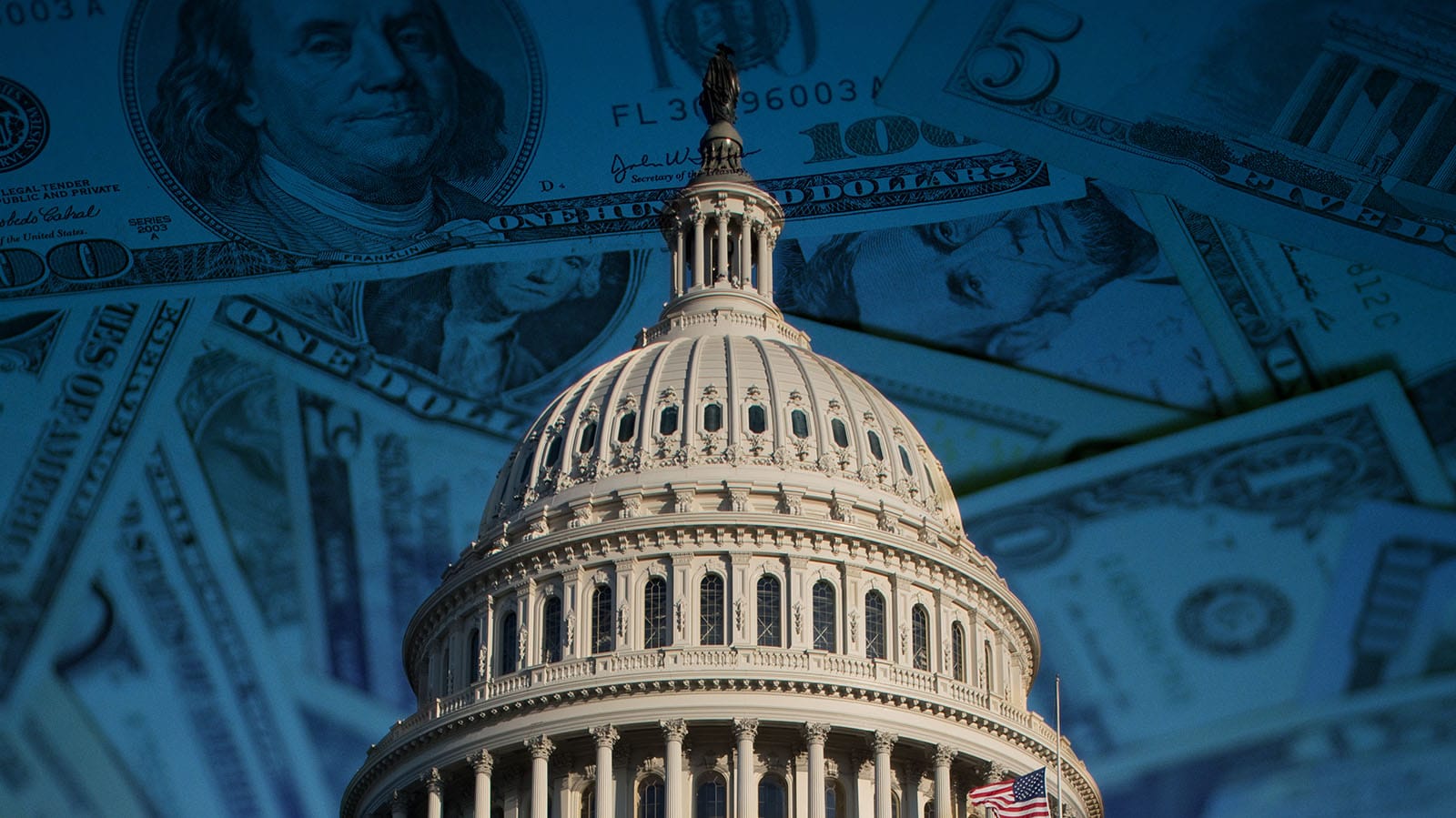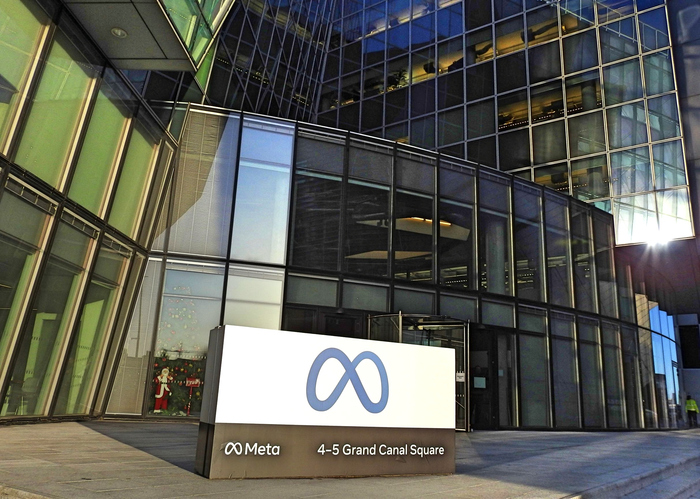What Violations Qualify for an SEC Whistleblower Award?
During Fiscal Year 2021, the Securities and Exchange Commission (SEC) granted a record-breaking sum of $564 million to 108 whistleblowers, marking the highest monetary value and the greatest number of recipients in a single year. Maintaining its strong performance in Fiscal Year 2022, the SEC Whistleblower Program distributed $230 million to an additional 103 whistleblowers.
May 14, 2025

This information is provided for educational purposes only by Kohn, Kohn & Colapinto and does not constitute legal advice. No attorney-client relationship is created by accessing this content. Laws and regulations may change, and this material may not reflect the most current legal developments. If you believe you have a whistleblower claim, consult a qualified attorney to discuss your specific circumstances.
The SEC Whistleblower Program offers monetary rewards to individuals who report securities law violations. This overview discusses the types of violations, if reported, that may qualify a whistleblower for an SEC whistleblower award, the rules for qualification, and the eligibility criteria.
Understanding these guidelines can help potential whistleblowers decide whether to report a securities violation and navigate the process more effectively.
We’re thrilled to welcome ex-SEC Acting Chair, Allison Herren Lee, to our team.
Now Of Counsel at Kohn, Kohn & Colapinto, Allison Herren Lee is ready to serve and protect whistleblowers, and help them seek rewards under the Dodd-Frank Act and SEC Whistleblower Program. If you’re an SEC whistleblower seeking to report a concern, contact our law firm today to speak confidentially with Allison Lee.
Examples of Violations Qualifying for an SEC Whistleblower Award
The reported violation must involve a breach of federal securities laws to qualify for an SEC whistleblower award. Common examples of such violations include:
Insider trading
The illegal practice of trading securities based on non-public, material information.
Accounting fraud
Misrepresenting financial statements, manipulating accounting records, or engaging in fraudulent activities to deceive investors.
Market manipulation
The artificial inflation or deflation of a security’s price through deceptive trading practices.
Ponzi schemes
Fraudulent investment schemes where returns to earlier investors are paid by funds from new investors rather than from actual profits.
Foreign Corrupt Practices Act (FCPA) violations
Bribing foreign officials or engaging in corrupt practices to obtain or retain business.
Unregistered securities offerings
The sale or offer of securities without proper registration or exemption.
Investment adviser fraud
Investment advisers’ deceptive practices include misrepresenting qualifications, failing to disclose conflicts of interest or misappropriating client funds.
Broker-dealer misconduct
Fraudulent or unethical practices by broker-dealers, such as churning, unauthorized trading, or failure to supervise.
Qualifying for an SEC Whistleblower Award
Voluntary submission
The whistleblower must voluntarily provide original information to the SEC. This means that the information cannot be solicited by the SEC and cannot be provided in response to a subpoena, investigative demand, or other request from the SEC.
Original information
The information provided must be original, meaning it is derived from the whistleblower’s independent knowledge or analysis and is not already known by the SEC. The information cannot be exclusively derived from publicly available sources, such as news articles or government reports.
Significant information
The information must be significant, which is essential to the success of the SEC’s enforcement action. The information should help the SEC initiate a new investigation, reopen a previously closed one, or significantly contribute to an ongoing one.
Successful enforcement action
The SEC must successfully bring an enforcement action based on the whistleblower’s information, and the action must result in monetary sanctions of more than $1 million.
Compliance with whistleblower rules
The whistleblower must comply with all applicable rules and procedures of the SEC Whistleblower Program.
Whistleblower Eligibility
While the SEC welcomes information from any individual, specific categories of people are generally ineligible for whistleblower awards.
This includes SEC employees and their families, attorneys, compliance personnel, or others who obtain the information through privileged communications unless disclosure is permitted under certain circumstances. This also includes individuals who are convicted of a criminal violation related to the enforcement action or have knowingly submitted false information.
Our Firm’s Cases

Environment & Human Rights Violations Exposed
Oil industry’s environmental crimes and cover-up in Colombia have been exposed. Whistleblower Andrés Olarte Peña, with the support of his attorneys Kohn, Kohn & Colapinto and the damning evidence compiled in the Iguana Papers, is calling for an investigation into Ecopetrol and its executives by the Colombian government and the U.S. Securities and Exchange Commission.

$30 Million Award
Protecting the confidentiality of Wall Street whistleblowers is among the most important breakthroughs in federal whistleblower law. Under the Dodd-Frank Act, whistleblowers can file anonymous cases, and everything about their case, including who they sued, remains secret.

$13.5 Million Award
Our firm represented an anonymous whistleblower, who on May 17, 2021, received a whistleblower award of almost $13.5 million. The SEC has issued more than $31 million in whistleblower awards related to this case.

![Reporting Recordkeeping Failures To The Sec [2025 Guide]](https://kkc.com/wp-content/uploads/2025/01/Recordkeeping-Failures.jpg)




